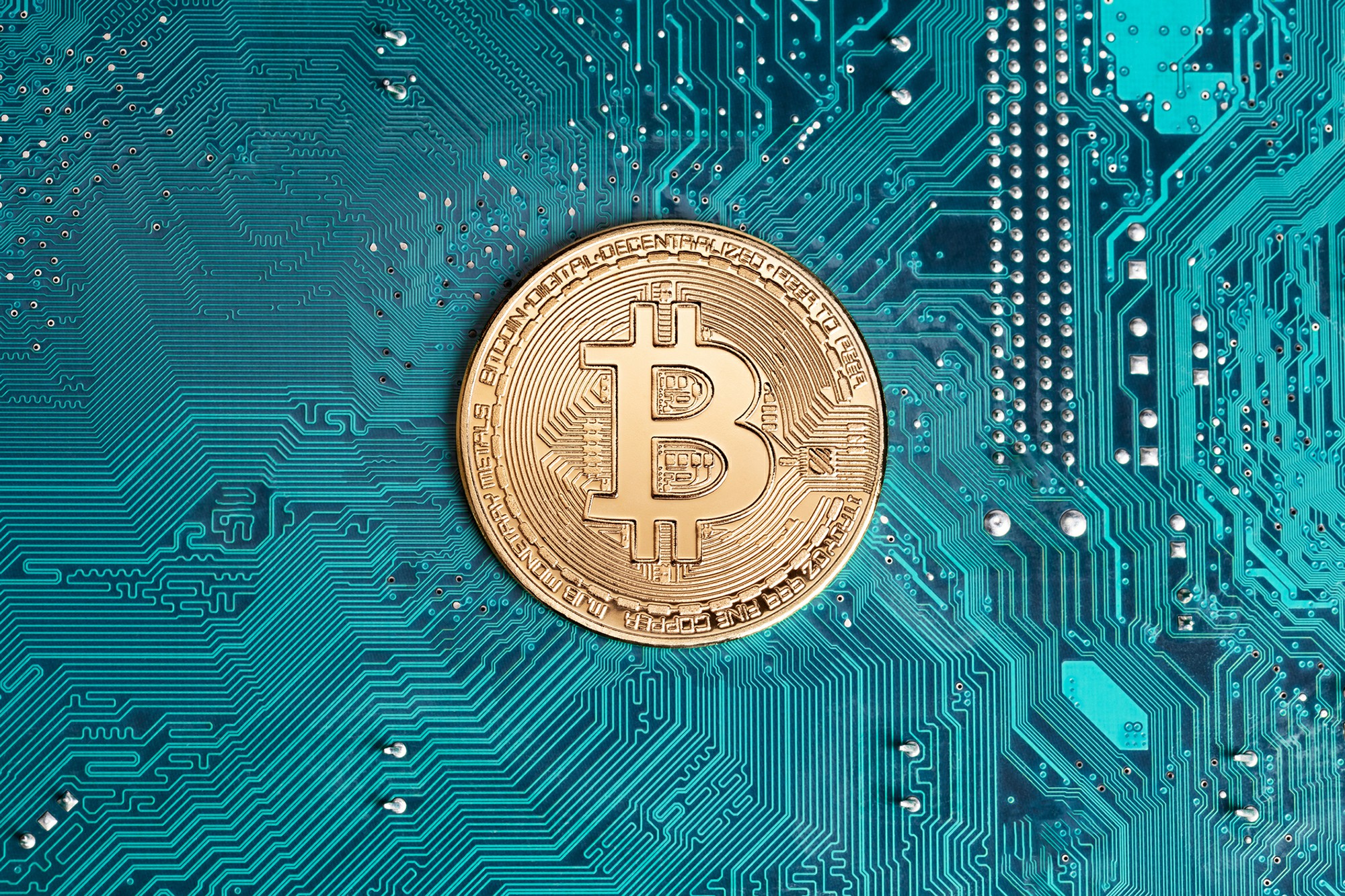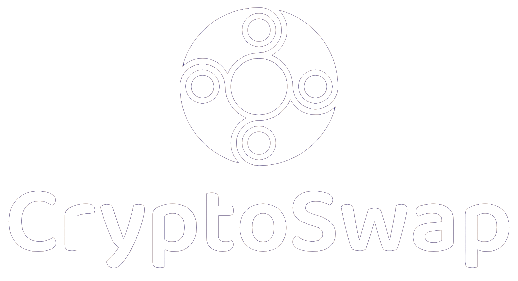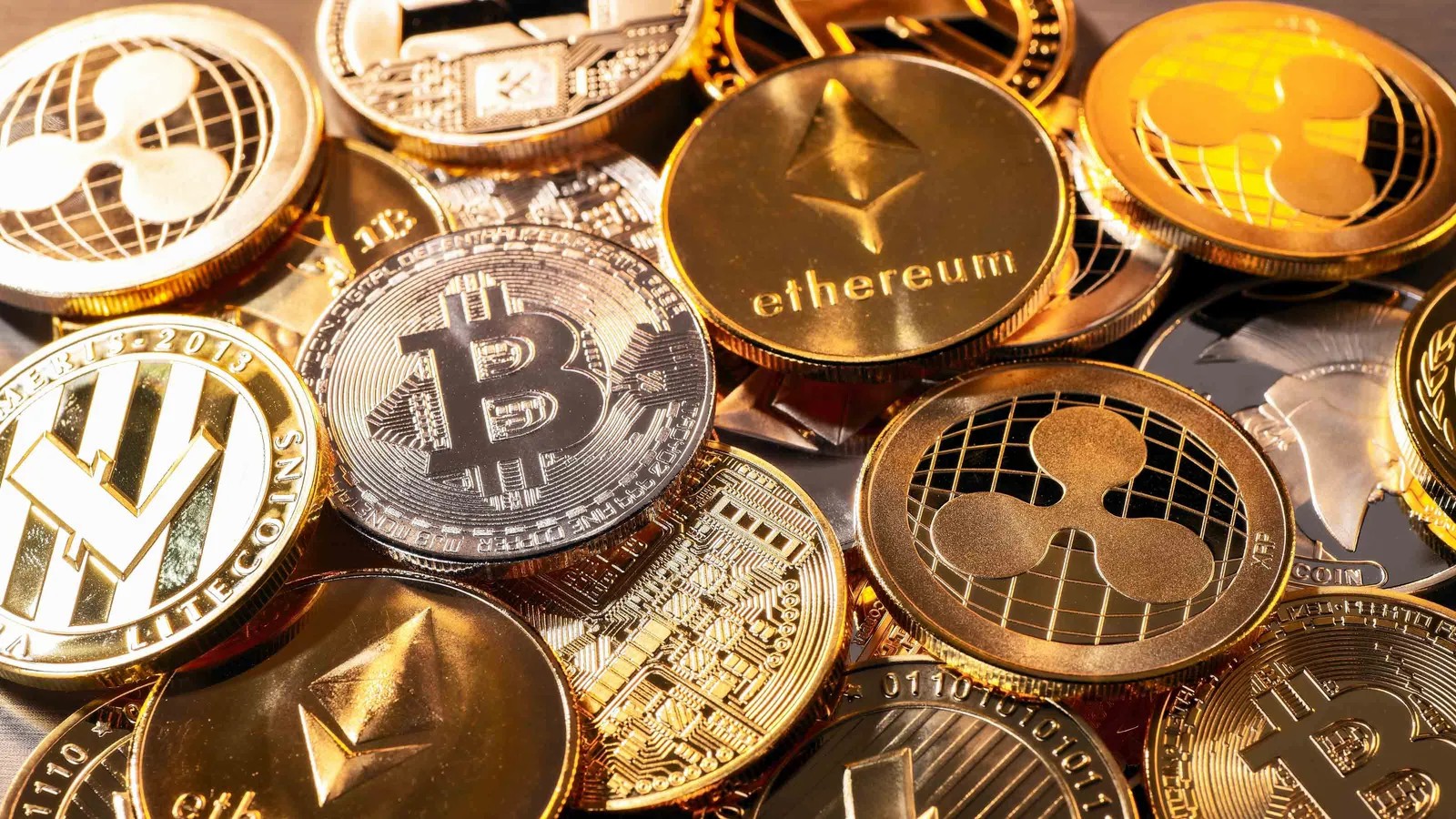
Token swaps are an essential feature in the decentralized finance (DeFi) ecosystem, allowing users to exchange one cryptocurrency for another without intermediaries. However, like any thriving market, the DeFi space is also home to scams that can lead to significant losses if you aren’t careful. In this guide, we’ll walk you through the most common token swap scams and provide tips on how to avoid falling victim to them.
1. Fake Token Contracts
One of the most common scams involves malicious actors creating fake tokens that look like legitimate ones. They often use names or symbols similar to well-known cryptocurrencies in order to deceive users into swapping for them.
How to Avoid This Scam:
- Double-check the contract address: Always verify the token’s contract address from official sources like the project’s website or trusted block explorers (e.g., Etherscan).
- Use token listing sites: Platforms like CoinMarketCap, CoinGecko, or DexTools list verified tokens and their correct contract addresses. Ensure the token you’re swapping is listed there before proceeding.
2. Phishing Websites and Fake DEXs
Scammers may create fraudulent websites that mimic real decentralized exchanges (DEXs) to trick users into connecting their wallets. Once you connect your wallet, the scammer can steal your funds or gain access to your private keys.
How to Avoid This Scam:
- Check the URL: Always ensure that the website URL is correct and starts with “https” for a secure connection. Double-check the URL to ensure it’s not a look-alike.
- Bookmark trusted sites: Bookmark legitimate DEXs like Uniswap, Sushiswap, or PancakeSwap to avoid accidentally landing on a fake site.
- Use a hardware wallet: If possible, use a hardware wallet to interact with DEXs. This adds an extra layer of security, as hardware wallets store your private keys offline.
3. Front-running and Sandwich Attacks
A front-running attack occurs when a malicious actor monitors your transaction and places a higher gas fee to execute their transaction before yours, causing slippage and a less favorable exchange rate. Similarly, a sandwich attack places two transactions around yours, inflating the price of the token you’re swapping for and draining your funds.
How to Avoid This Scam:
- Set slippage tolerance carefully: Be mindful of your slippage tolerance. While increasing slippage might help complete a transaction quickly, it can expose you to higher risks of front-running. Keep slippage low when possible.
- Use transaction timing tools: Some platforms offer tools that let you time your transactions to avoid attacks or minimize slippage.
4. Rug Pulls
A rug pull is when the developers of a token or liquidity pool suddenly withdraw all the liquidity or funds from the project, leaving investors with worthless tokens. This usually happens in less-regulated or newly launched tokens.
How to Avoid This Scam:
- Research the project: Before investing in any new token, look into the project’s team, roadmap, and social media presence. A legitimate project will often have a transparent team and a clear plan.
- Check liquidity: Verify the liquidity in the pool. If there is very little liquidity or if it suddenly decreases, it could be a sign of a potential rug pull.
- Use reputable platforms: Stick to well-established exchanges, like Binance and Coinbase, and liquidity pools that have been vetted by the community.
5. Impersonation Scams
Scammers may impersonate trusted individuals or organizations to convince users to make token swaps or send funds to a “safe” address. They might reach out via social media or email, offering “exclusive deals” or “investment opportunities.”
How to Avoid This Scam:
- Don’t trust unsolicited messages: Never act on unsolicited messages asking you to swap tokens or send cryptocurrency. Real project teams or exchanges won’t ask for funds in this way.
- Verify official channels: Always confirm communications through official channels (official websites, verified social media accounts).
6. Unapproved Contract Permissions
When you interact with a DEX or decentralized application (dApp), it often requires you to approve certain permissions, such as token transfers. Scammers can manipulate these approvals to gain access to your funds.
How to Avoid This Scam:
- Use wallet approval tools: Tools like Etherscan’s “Token Approval” feature or WalletConnect’s “Permissions” feature let you review and revoke any unnecessary approvals to prevent scammers from draining your wallet.
- Be cautious with approvals: Always double-check what permissions you’re granting and avoid approving unlimited token allowances unless you trust the platform completely.
Conclusion
While token swaps offer exciting opportunities in the DeFi space, they also come with risks. By staying vigilant and following these tips, you can avoid common scams and trade with confidence. Always take the time to double-check details, use reputable platforms, and protect your private keys to ensure that your token swaps are safe and secure.







1 Comment